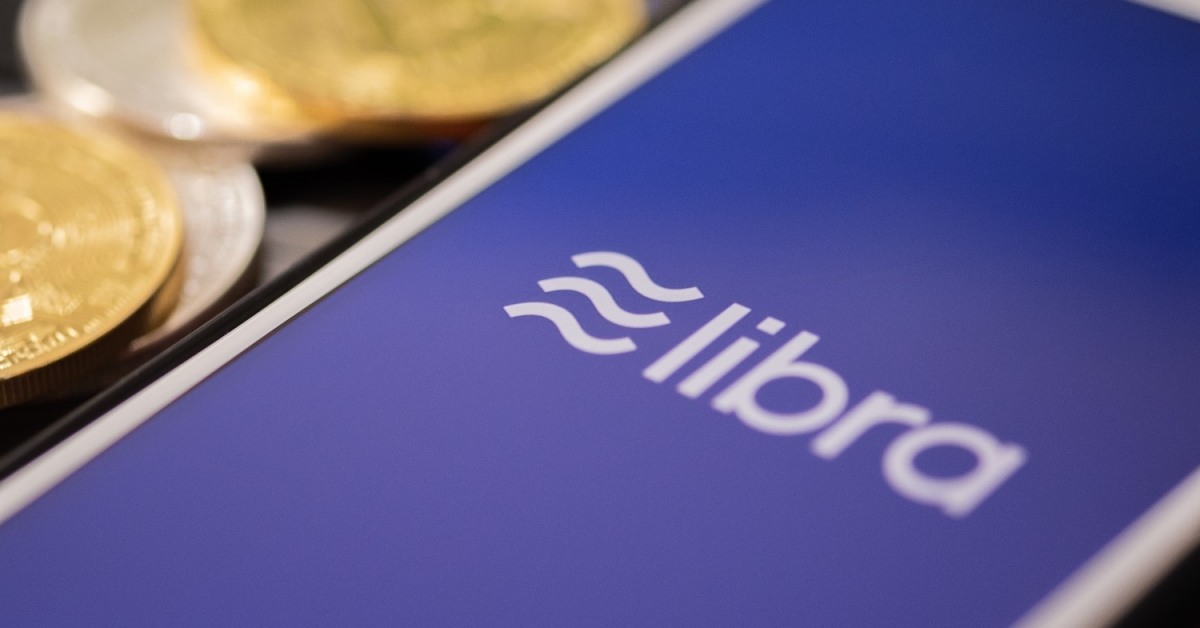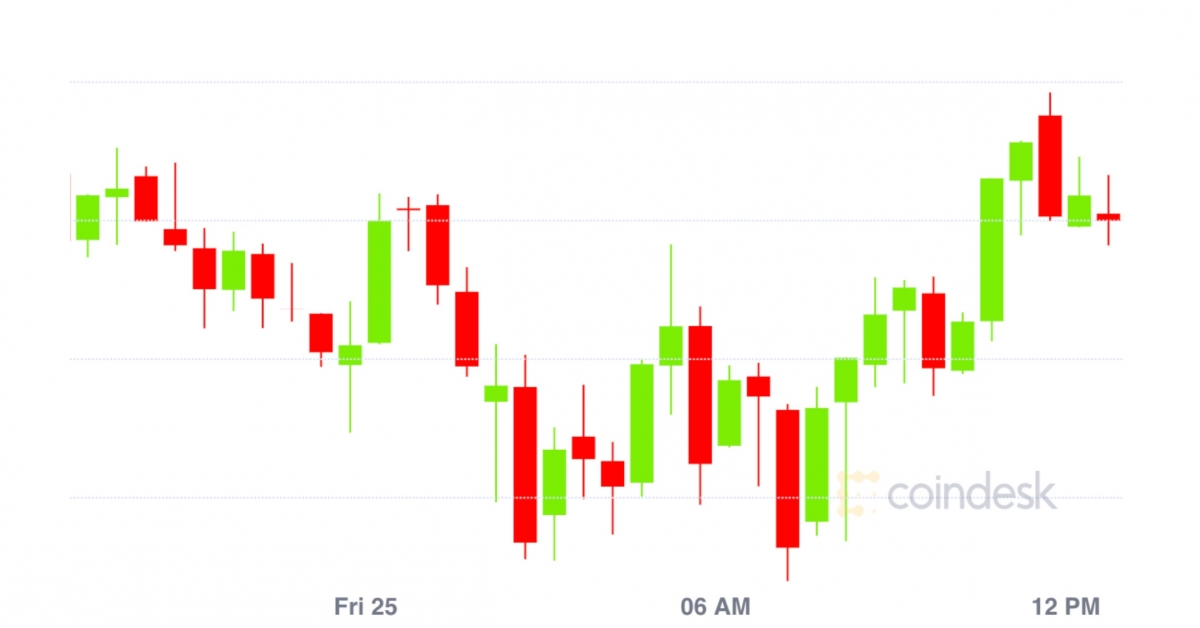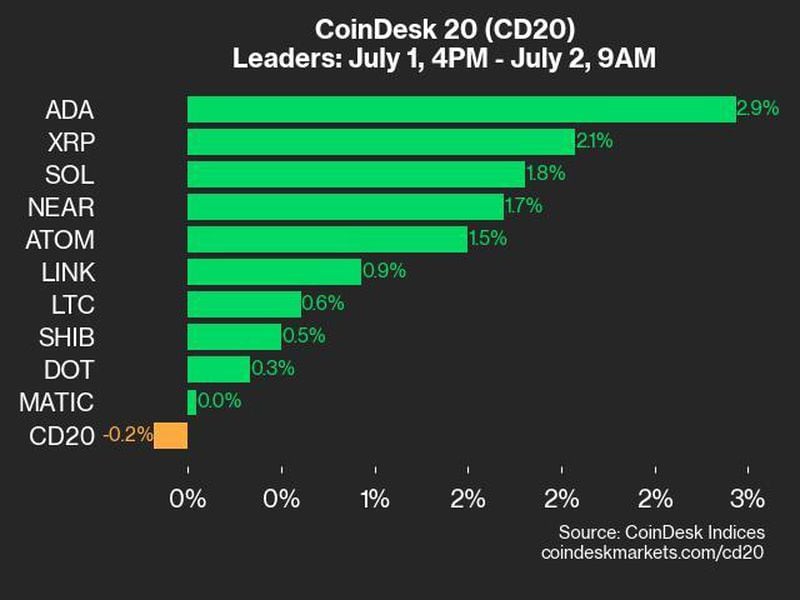DeFi Has a Front-Running Problem. Sparkpool’s Potential Fix Is Launching This Month
DeFi Has a Front-Running Problem. Sparkpool’s Potential Fix Is Launching This Month
Ethereum mining pool Sparkpool will launch its new mining network, Taichi Network, complete with a “private transaction” feature in October, CoinDesk confirmed with Sparkpool co-founder Xin Xu.
The network “will gradually go online” this month in what could be one solution to decentralized finance’s (DeFi) long-standing problem with front running, the practice of trading based on information about future trades contained in a blockchain’s transaction queue in cryptocurrency markets.
Taichi’s features are “not designed for selfish usage” but instead for the “public good” of the Ethereum ecosystem, Xu told CoinDesk in an email.
“We will offer Taichi Network’s features as infrastructure to the Ethereum [ecosystem], and we will see how the reaction works out then,” he said. Think of it as a privacy shield meant to level the playing field for all traders.
Sparkpool currently makes up 23% of Ethereum hashing power, according to Etherscan.
Ethereum’s dark forest
Ethereum’s transaction queue – called a mempool – is often alluded to as a “dark forest” due to the predatory nature of arbitrage bots spying on transactions.
First coined by venture capital firm Paradigm’s Dan Robinson, the “dark forest” metaphor describes bots lurking in a blockchain’s mempool to copy and execute profitable trades before the original executes.
Bot arbitrage has long troubled Ethereum, most notably described in a 2019 Cornell University paper entitled “Flash Boys 2.0.”
Profits earned by arbitrage bots skyrocketed over the summer months with an average of 50-100 ether (ETH) earned per day in May, according to estimates shared with CoinDesk by one arbitrage trading firm that requested anonymity. These profits climbed as high as 2,000-3,000 ETH per day at the height of the DeFi mania in early September.
Private transaction networks like Taichi can cut a path through the trees, however. The mining party, in this case Sparkpool, opts out of broadcasting the chosen transaction destined for its block to the rest of the network. By not communicating to other mempool lurkers, the miner’s transaction gains a higher degree of safety from hungry bots.
For example, Sparkpool’s latest innovation enabled white-hat hacker Samczun to recently save 25,000 ether worth $9.6 million from broken decentralized finance (DeFi) project Lien Finance, according to a self-published account.
On the other hand, you are entrusting your transaction entirely to Sparkpool, meaning the mining giant could front run you itself more easily.
Xu said disrupting the current front-running issues plaguing DeFi transactions “is definitely a direction worth exploring” with Taichi.
Taichi’s early days
Certain aspects of Taichi Network are public, including a general domain registered in July 2020, according to WHOIS. The website remains under construction, but describes Taichi as a “viable Proof-of-Stake (mPoS) Ethereum sidechain” complete with relayers and smart contract capabilities.
Relayers broadcast transactions faster than regular settlements on blockchains by constructing pathways between major nodes. Both Bitcoin and Ethereum have their own relayer networks, such as FIBRE and BloXroute.
Sparkpool data website GasNow also includes information on Taichi, describing the network as “greatly improving the efficiency of transactions broadcast” by “directly pushing received transactions into a mempool of mining pools.”
CoinDesk’s invest: ethereum economy is a fully virtual event Oct. 14 exploring the ramifications for investors of the sweeping changes underway within the Ethereum ecosystem. Learn more.










